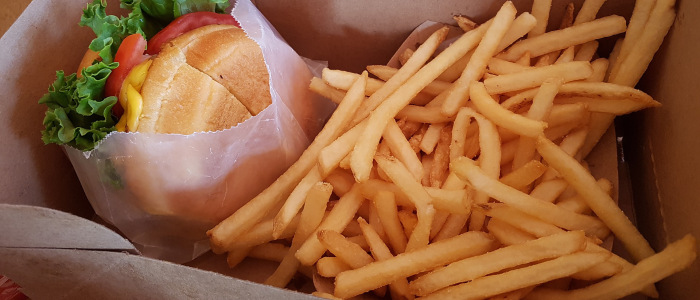
The franchise industry in South Africa generates approximately R734 billion to the economy, according to the Sanlam Franchise Survey conducted in 2019. Furthermore approximately 500 000 employees enjoy permanent employment nationwide in its 48 000 franchised outlets and 824 franchise companies - contributing just under 14% to the country's GDP.
Since the implementation of the COVID-19 emergency measures around 94% of the industry has not been trading, with the exception of mostly food retailers. This has had a devastating impact on the industry and it is feared that unless more financial aid is provided some 15% i.e. 75 000 jobs could be lost in the industry.
The association has informed its members of the government gazette published on 24 March 2020 regarding the measures taken by government to assist businesses financially through the exemptions for the retail property sector, the UIF emergency funding application, the SMME funding through sefa as well as other emergency relief measures as and when they are announced.
However, the following matters are of grave concern and the association, on behalf of its members, has sent an urgent letter to government through Minister of Trade & Industry, Ebrahim Patel, to consider the following:-
Take-out and fast food to be included as essential services
Once again, the industry is calling on government to re-consider the lockdown measures that apply to take-out and fast food sectors. Prior to the lockdown, this sector of the franchise industry had already taken steps to augment their preparation procedures in order to deliver contactless food orders to their customers but their hopes were dashed when the Regulations were published, preventing them from trading. We urge for the amendment to the Regulations to urgently allow for contactless delivery of take-out and fast food meals.
According to Vera Valasis, FASA’s Executive Director, “while one can understand that government decided to take very strict measures to damp down the spread of the virus, we believe not having an alternative to their need for food, people are being driven out of their homes to buy food so there may be an even greater risk in not allowing contactless food delivery or for so-called dark kitchens to continue offering cooked food to consumers. Delivery services have been operating all along so allowing them to deliver prepared take-out or fast food in addition to their other essential supply deliveries, makes for good economic sense. This would go a long way to minimize job losses and keep the franchise workforce earning much-needed income to support their families.”
Rental relief
Rental relief and loans offered by various entities are mostly offered on a basis of deferment of debt or a payment holiday. It is to be noted that once the lockdown has been lifted it is not expected that business and sales would continue as normal. However, once businesses re-open, landlords would most certainly revert to lease agreements that are in place, demand rentals and deferred arrears straightaway as would suppliers and other debtors. Small business owners who are indebted by COVID-19 emergency fund loans would not cope under such a huge debt burden and further job losses would most certainly follow.
Therefore, we urge you to call on the banking industry and others to make meaningful contributions to small business in the form of immediate grant funding to save jobs and keep the economy going.
Financial relief
On the other side of the COVID-19 crises, lenders with particular reference to the South African banks should be called upon to agree to soften their very strict lending criteria - they are notoriously risk averse and it is difficult for any potential business owners to obtain funding from a bank. Should the banks agree to consider business loan applications for franchised outlets on a less-risk averse basis, we believe it could make a material difference in getting people back into business or start new ones quickly thus stimulating employment and economic activity. Our member franchisors, regulated by the association, are ready to roll out businesses on a responsible and economically viable basis.
The Franchise Association stands ready to work with government to formulate more effective guidelines in order to achieve this roll-out. After all history has shown us time and time again that franchised businesses fail at a rate of 4 to 5% in comparison to non-franchised businesses that have a 95% failure rate in the first two years.
Assistance for industry bodies
Government and its various agencies and divisions have indicated on many occasions in the past that it prefers to deal with and negotiate with industry bodies as they play a crucial role in the formal business sector. Most of these industry representative bodies, like the Franchise Association of South Africa, are non-profit organisations dependent on membership fees and sponsorships. During the COVID-19 financial crises non-profits have suffered severe loss of membership income and sponsorship has all but dried up; yet there is no emergency funding available for industry representative bodies and as a result they face job losses across all sectors. We call on government to consider making a funding resource allocation available to industry representative bodies in order to prevent deep-cut job losses and to enable the associations to continue with their important work.
On behalf of the Franchise Association of South Africa and its members, we would like to thank President Ramaphosa and the rest of the cabinet for their decisive leadership as well as the steps that have already been taken to steer our country clear from a national disaster and total economic collapse and we look forward to your urgent response to the pressing matters raised above. We are all in this crisis together – let us all work together to protect jobs and get the economy growing again.



